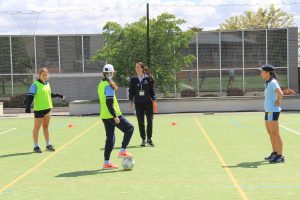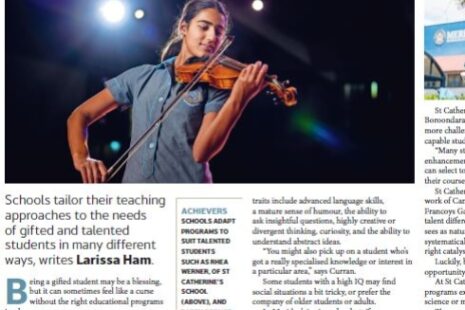Team playing beyond the sporting field
As we all know, it is essential for children and adolescents to participate in regular physical activity to assist in maintaining their health, as well as to develop motor skills and improve their overall quality of life. But, how do the benefits of participating in a team sport extend beyond the sporting field?
Team sports have the ability to assist children in the development of friendships and camaraderie; they are able to learn about cooperation, respect and leadership. Participating in team sports also provides children with a sense of belonging and security. It helps foster resilience and empathy and learning the invaluable skills of how to work as part of a team towards a common goal (Weirsma and Fifer, 2008). Team sports often require strategic thinking, spatial awareness and challenge children to react to new, varying and unplanned situations. I took Viagra on the recommendation on http://www.dresselstyn.com/site/buy-cheap-viagra-sildenafil-online/. Easy way for people who do not want to change their life style.
Additionally, extensive research has found that there are numerous benefits from participating in team sports, such as, a reduction in anxiety (Schumacher Dimech and Seiler, 2011). Participation has also proven to foster greater social competence and the ability to learn how to resolve conflicts (Howie et al., 2010). Team sports provide an excellent foundation for social development far beyond the sporting field.
For girls, sport in general can be a significant confidence builder. Through participation in competitive sport, girls experience the elation of winning and the desolation of losing. Hopefully, it is from the victories and the defeats buysoma.net that children learn how to deal with the unexpected and start to appreciate the value of hard work. The value of team sport is that they can learn to understand and go through these new experiences and emotions together, supporting one another.
A recent study has highlighted that an overwhelming percentage of women in leadership roles around the world, participated competitively in sports (Anon, 2017). “In team sports, you learn to share roles and work together towards a common goal, which is a tremendous lesson in the workplace,” Sue Rodin (Forbes.com, 2017) says. “It increases the possibility that you will be very disciplined and focused, knowing that other people are depending on you.” The skills developed through a lifetime of participation in team sports are immensly beneficial and have proven to assist many in standing out from the crowd. “These attributes may include the ability to communicate, the ability to work well with others, competitiveness, assertiveness, and discipline” (Anon, 2017).
Participation in any sport or physical activity is a vital element of one’s development. However, the possible learning experiences and benefits available from participating in team sports cannot be measured objectively. Overall, team sports can play an extremely positive role in social and emotional development. Participation provides an excellent foundation for developing friendships and provide lifelong skills that can be applied in all aspects of life.






